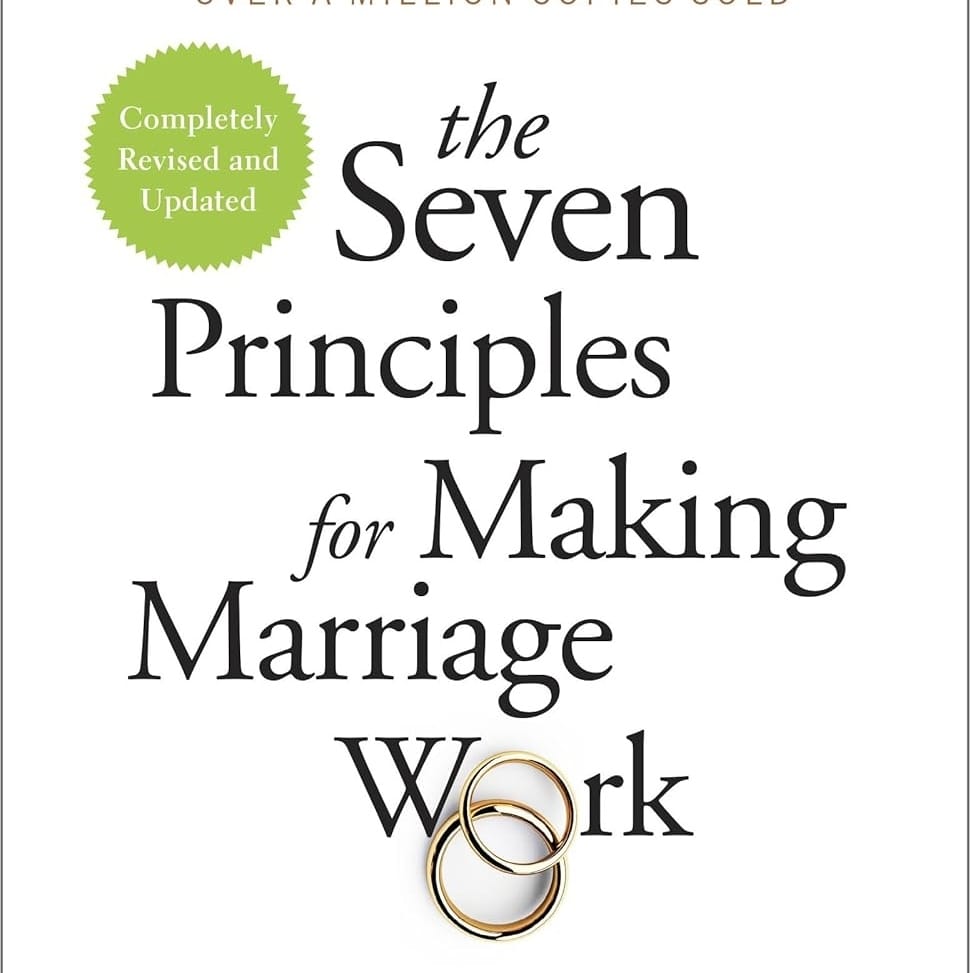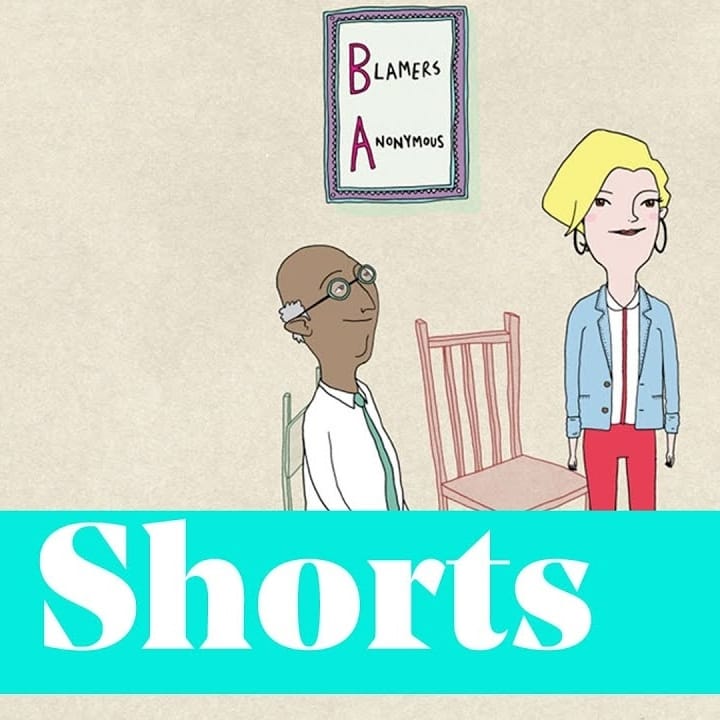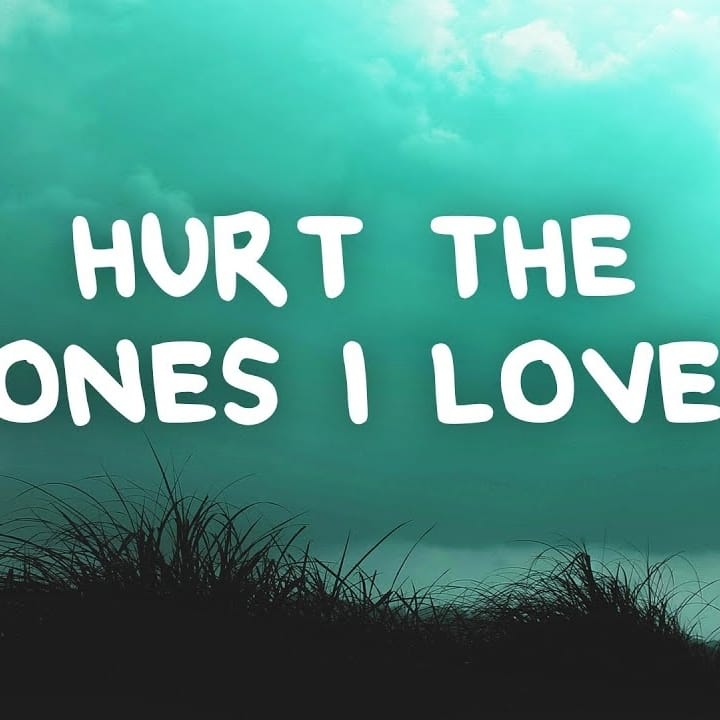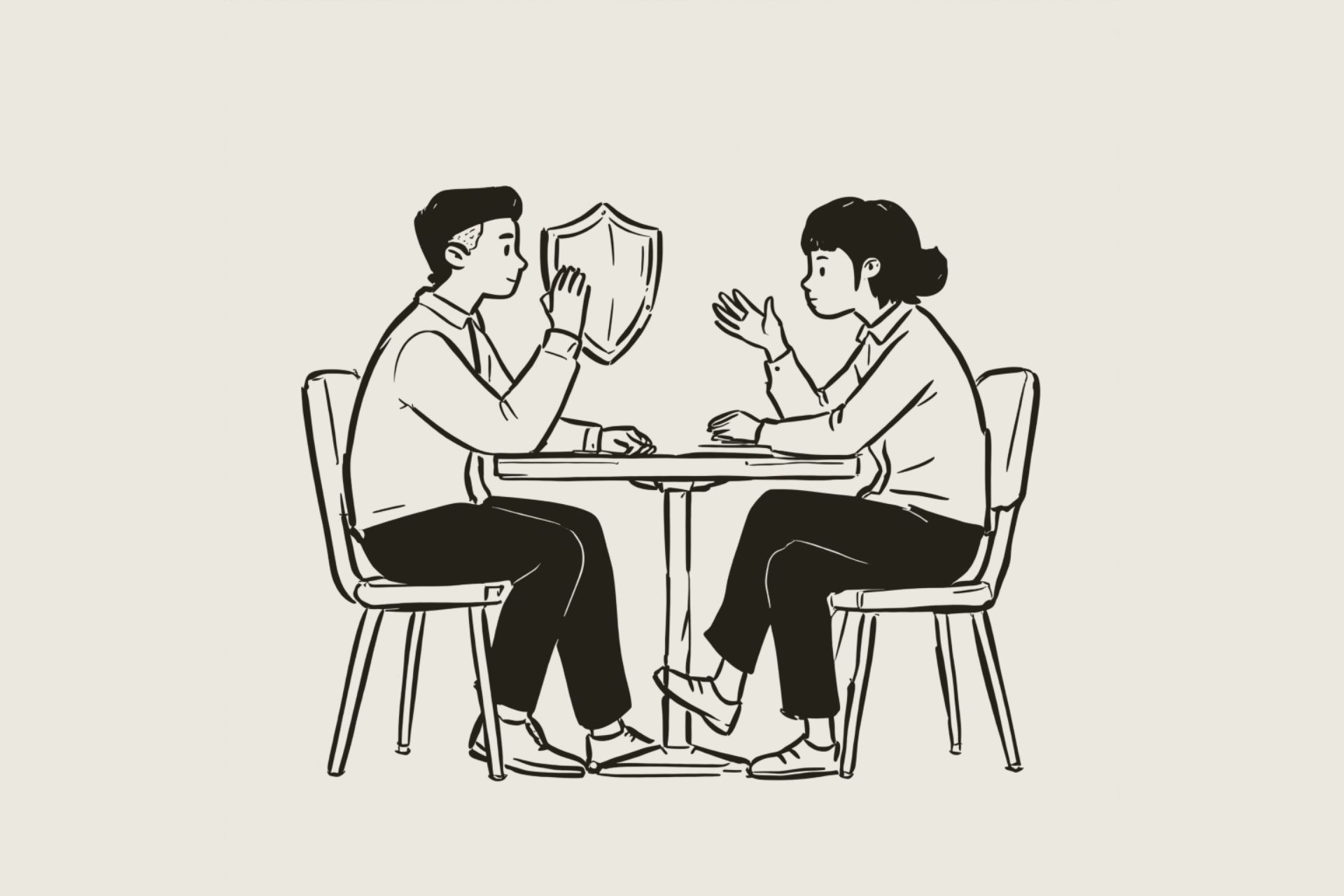It was 1989, the year of big hair, cassette tapes, and our very first apartment. I don’t even remember what Teresa and I were fighting about—probably something along the lines of whose turn it was to buy milk, or why one of us left socks in a place socks should never be. What I do remember is Teresa, mid-argument, storming out the front door and strut-walking—yes, that’s a thing—down the driveway of our apartment complex like a woman on a mission.
I, of course, followed. Picture me half-jogging, half-pleading, trying to keep pace while also trying to find something—anything—that might diffuse the tension. And then, in my infinite twenty-something wisdom, I hollered after her: “Well, it goes both ways, you know!”
Not my finest moment. In fact, after thirty-six years of marriage, I can now say with full authority that this is one of the worst phrases you can drop into the middle of a fight. But back then, it didn’t feel unreasonable. It felt logical, even fair. If she was pointing out my shortcomings, shouldn’t she at least admit to hers?
Turns out, no. All those four little words did was turn a small spark into a full-blown fire. They were gasoline on the embers of nothing in particular.
It would take me years—and a little help from John Gottman’s research on the Four Horsemen of the relational apocalypse—to realize that “it goes both ways” wasn’t fairness. It was defensiveness. And defensiveness, I’ve since learned, is like bubble wrap for your ego: it makes you feel padded and protected in the moment, but it blocks all the oxygen a relationship needs to actually breathe.
Why We Get Defensive
At its core, defensiveness is a way to protect a fragile sense of self. Research shows that when our self-esteem is fragile, every mistake feels like a threat to our worth. So instead of listening, we fight. We justify. We make excuses. We blame. We minimize. We reinterpret—anything to protect our ego from feeling small.
Brené Brown describes the opposite of fragile self-esteem as grounded confidence—the ability to accept our imperfections without tying them to our identity or value as a person. With grounded confidence, feedback doesn’t have to feel like an attack. It can become an opportunity to grow.
And the body keeps the score here, too. People often report the same physical cues when they’re getting defensive: crossing their arms, tunnel vision, racing heartbeat, dry mouth, flushed face, or avoiding eye contact.
The irony is this: defensiveness blocks us from receiving the very thing we most want—understanding, connection, and repair.
What To Do Instead
When defensiveness shows up in safe, loving relationships, it can derail connection. But it doesn’t have to. Research and practice offer tools that help us stay connected instead of reacting in defense:
Notice your cues. Learn how defensiveness shows up in your body—tunnel vision, crossed arms, heart racing. Awareness is the first step.
Interrupt the pattern. Change your physiology: unclench your hands, take three slow breaths, call a timeout, or use a playful code word (one couple uses “banana”). The goal isn’t to win—it’s to reset.
Take responsibility. Even if your part is less than 10%. Instead of “It goes both ways” or “It’s not my fault,” try:
“You’re right. I did do that.”
“I can see how that upset you.”
“Here’s one thing I can work on.”
Repair quickly. If you blow it, apologize. A mindful apology—naming what you did, how it landed, and your intent to do better—heals faster than defensiveness ever can.
The Payoff
Defensiveness is seductive. It makes us feel like we’re standing up for ourselves, but really, defensiveness keeps us stuck in a cycle of blame and distance. When we let defensiveness go, we trade being “right” for being real.
And what we gain is so much greater: connection, trust, intimacy, laughter, quicker repair, and the sense that—even when we disagree—we’re still on the same team.
Until next week,
Jonathan Penner | Co-Founder & Executive Director of LifeApp


Resources To Dig Deeper

Book
The Seven Principles for Making Marriage Work
In The Seven Principles for Making Marriage Work, John Gottman identifies defensiveness as one of the “Four Horsemen of the Apocalypse”—a destructive pattern that predicts relational breakdown. Drawing from decades of research observing couples in real time, Gottman shows how defensiveness masquerades as self-protection but instead fuels blame, escalates conflict, and blocks intimacy. What makes this book invaluable is not only its clear diagnosis of defensiveness, but also its practical strategies and exercises for disarming it—helping partners take responsibility, listen openly, and shift from defending their ego to protecting their bond.
-John Gotmtman

Video
Blame
In this short and hilarious clip, Brené Brown tells the story of spilling a cup of coffee on herself and, within milliseconds, finding a way to blame her husband. She uses the story to illustrate how quick we are to shift discomfort into blame—what is really just another form of defensiveness. Blaming feels like control, but it actually robs us of accountability and corrodes our relationships. Instead of listening or owning our part, we discharge anger in a way that shuts down empathy. The irony is that the very thing we want—connection and repair—gets blocked by our need to point the finger.
-Brené Brown (3:25)

Music
Hurt the Ones I Love
This song lays bare the very heart of defensiveness, the Gottmans describe: the way self-protection and fragile self-worth turn into walls that shut out the people we most want to love. The lyrics capture how pain and shame spiral into numbness, bitterness, and distance—“I get so bitter and put up my walls and hurt you again.” It’s a haunting confession of how defensiveness feels seductive in the moment, like armor against hurt, but in reality, it inflicts the deepest wounds on those closest to us. By admitting, “I’m sorry I’m defensive when you’re only tryna help me,” the song puts words to the tragic cycle: defensiveness doesn’t just block connection—it actively damages the trust and safety that relationships need to thrive.
-Reagan Beem (3:35)
Learn More About
“The experience was life changing. It gave me the opportunity to learn how to be brutally honest with myself, both in my flaws and my awesomeness without playing the destructive criticism or ego games.”

